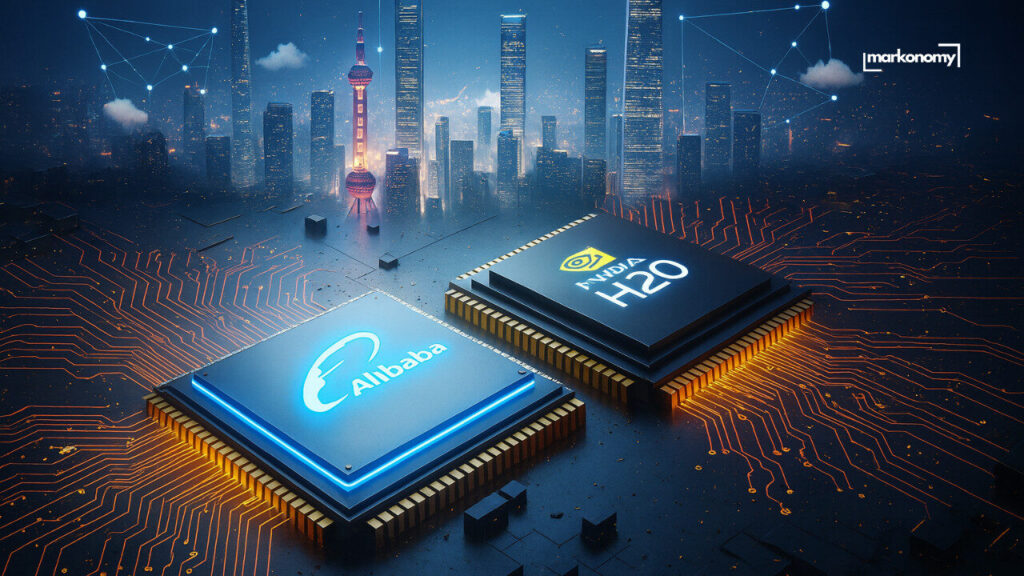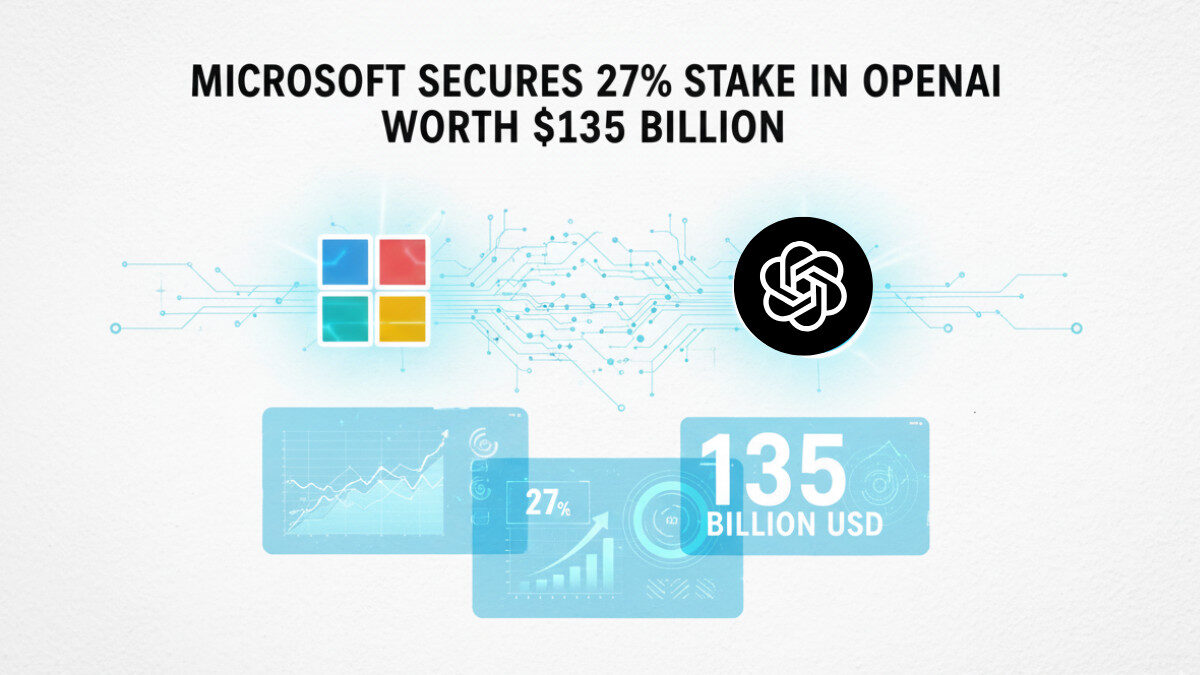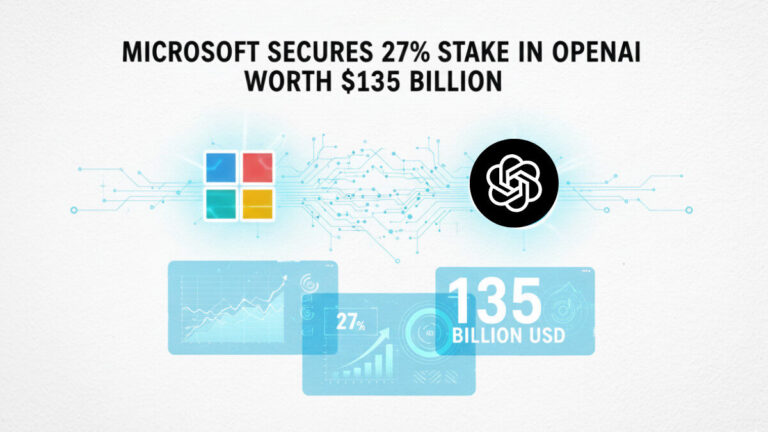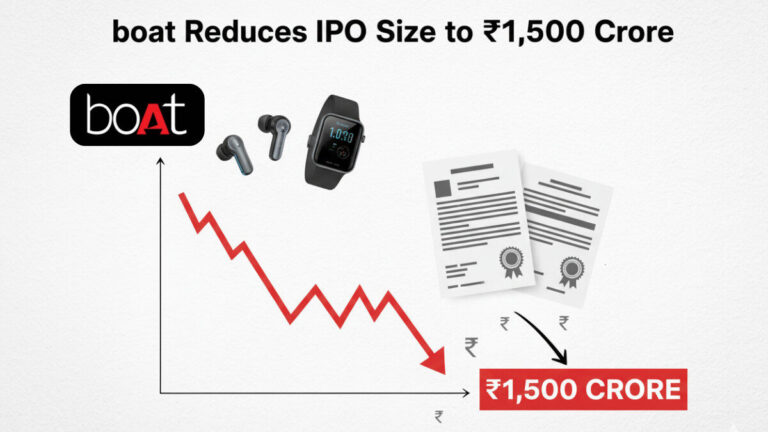Alibaba has unveiled a powerful new artificial intelligence (AI) chip that is reportedly on the same performance level as Nvidia’s H20 processor, marking a major step forward in China’s efforts to build domestic alternatives to foreign semiconductors.
The chip, developed by Alibaba’s T-Head semiconductor division, is designed to handle complex AI tasks such as large language models, computer vision, and recommendation systems. Early benchmarks suggest that the chip’s computing power and efficiency rival Nvidia’s H20, one of the leading AI chips available today.
This development comes at a time when U.S. export restrictions on advanced chips have limited China’s access to Nvidia’s most powerful processors like the A100, H100, and newer Blackwell series. By producing homegrown chips that match global standards, Alibaba and other Chinese tech giants are showing that the country can reduce its reliance on U.S. technology.
Industry experts believe this breakthrough could accelerate China’s AI development across sectors like cloud computing, e-commerce, smart cities, and autonomous vehicles. It also puts Alibaba in direct competition with other Chinese companies such as Huawei, which recently introduced its Ascend series chips.
Analysts say that while the chip may not yet surpass Nvidia in software ecosystem and global adoption, its performance milestone demonstrates a huge leap for China’s semiconductor ambitions. If mass production and adoption follow, it could reshape the global AI chip landscape.
Summary Table
| Key Point | Details |
|---|---|
| Company | Alibaba (T-Head semiconductor division) |
| Product | New AI chip rivaling Nvidia H20 |
| Performance | Comparable to Nvidia’s H20 in benchmarks |
| Context | Developed amid U.S. chip export restrictions |
| Use Cases | AI models, cloud computing, smart cities, e-commerce |
| Impact | Boosts China’s domestic semiconductor independence |
| Competitors | Nvidia, Huawei (Ascend series) |
| Significance | Marks China’s big leap in AI processor development |










